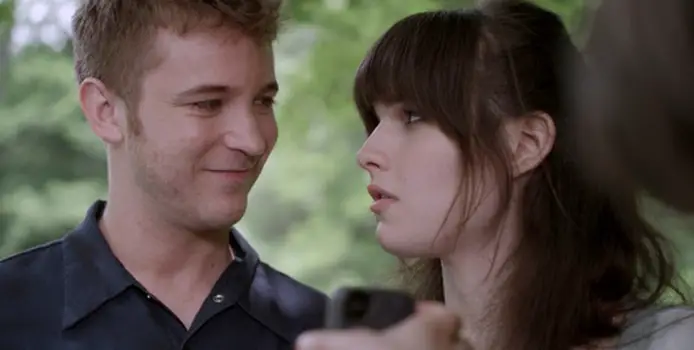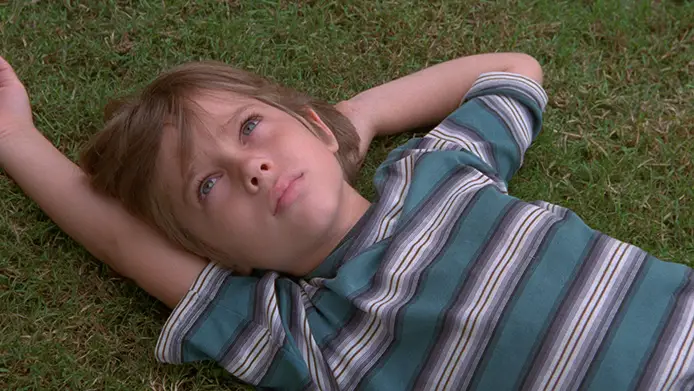United States
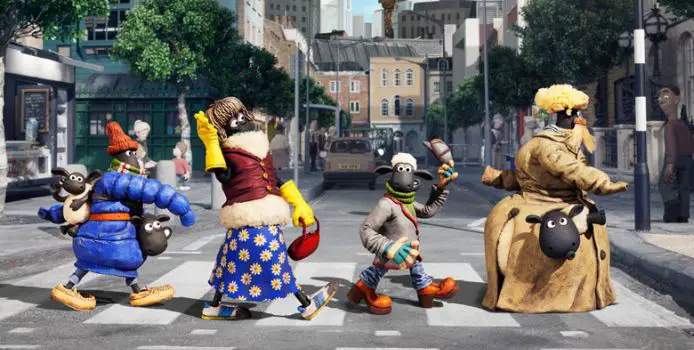
There is no formula for making a perfect kids film, yet studios have set up entire animated devisions that churn out movies under the tried-and-tested “jokes for the parents and jokes for the kids” formula. The twin assumptions that filmmakers don’t feel children are sophisticated enough to understand certain jokes in a movie tailor-made for them and that parents also need to be pandered to in order for them to enjoy the film are relatively new. After all, back in the early days of silent cinema, most movies were experiences for the entire family, with everybody (no matter how young or old) being catered to equally.

Even though I may make it look like any idiot can do it, writing reviews is far from easy. The hardest things to review aren’t the plot-heavy science fiction movies or the obscure art house efforts with impenetrable plots like you would imagine – the most difficult movies to review are the films that are just plain boring. I watched Child 44 two days ago, where I made up 100% of the audience for that screening – in the two days since, I have found myself struggling to remember quite a lot of it.
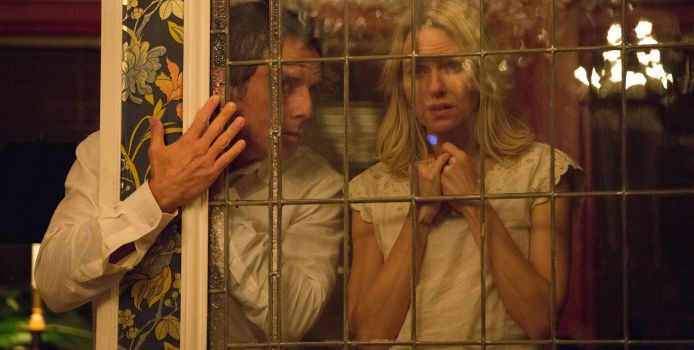
No matter how good their circumstances are, many young people wish they were born in a different time, in a different place, belonging to a different generation they believe they fit in with more. This is almost definitely due to the influence of pop-culture; the 80’s weren’t exactly the best time to live in, yet show a John Hughes movie to any impressionable teenager and they will almost definitely long to have lived in that time period. While We’re Young, the best film to date from director Noah Baumbach, takes a unique look at this theme in the space of one of the best movie montages in recent memory – whereas the young, hipster types long to live in an area of vinyls, VHS tapes and typewriters, the ageing are trying to stay relevant to today, filling their lives with useless technology in order to stay relevant in an ever changing society.
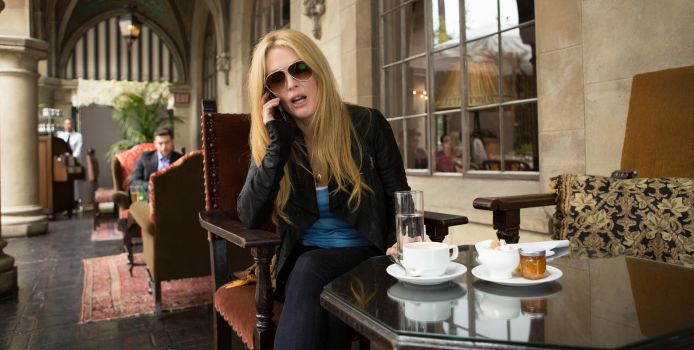
Maps To The Stars is about the aspects of Hollywood that, as a film fan, I‘d rather not think about. Written by the acerbic Bruce Wagner, it is about the cynicism of the industry, about the actors who are motivated by vanity and the money-minded executives who exploit them. These people’s heads have been long removed from their shoulders, their molly-coddled lives are run by other people as they incessantly try and top up their serotonin through drink, drugs, sex and bastardised spiritualism with increasingly less success.
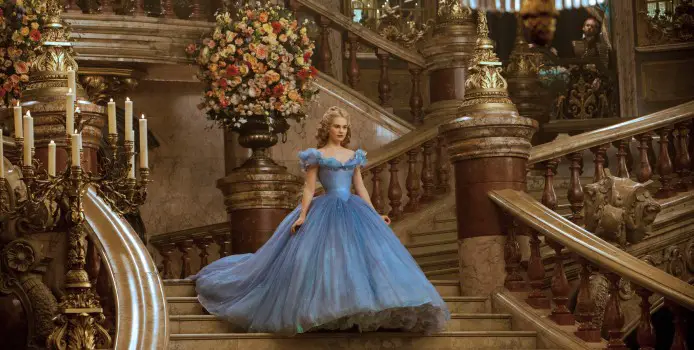
Rejoice, all, for love and magic have been made real again and no longer confined to shallow movies that preach the wrong topics filled with two dimensional protagonists that do nothing but fulfill ageless and traditional characterizations. Cinderella manages to be the most refreshing new Disney movie out, by paradoxically undergoing the least transformation. Directed by Kenneth Branagh with the utilization of his perfectly suitable Shakespearean mastery, and supported by a cast of actors and actresses that look like they came straight out of the storybook, Cinderella is a delightful reiteration of the classic story that we’ve all grown to know.
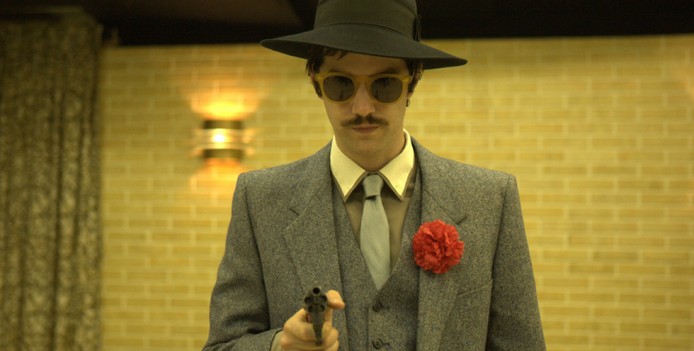
Electric Slide is based on the life of the bank robber Eddie Dodson. Originally a furniture salesman, Dodson found fame in 1983 when he robbed a number of banks – 64 banks in 9 months to be exact. Directed by Tristan Patterson (his first fiction feature film), it stars Jim Sturgess as Dodson and Isabel Lucas as his girlfriend Pauline.
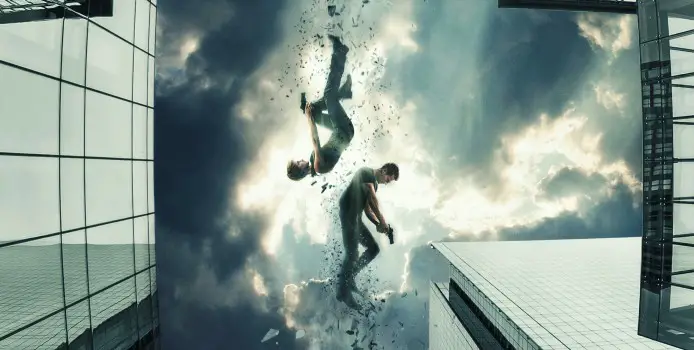
I had read Veronica Roth’s Divergent before the adaptation sauntered onto cinema screens, heralded as the next The Hunger Games, and what I discovered was that I preferred the film to the book. There was more action on show, and I felt that the film fixed many of the things I found problematic with the book’s narrative. So when I discovered that the book of Insurgent didn’t impress, I decided to bypass it and wait for the film.
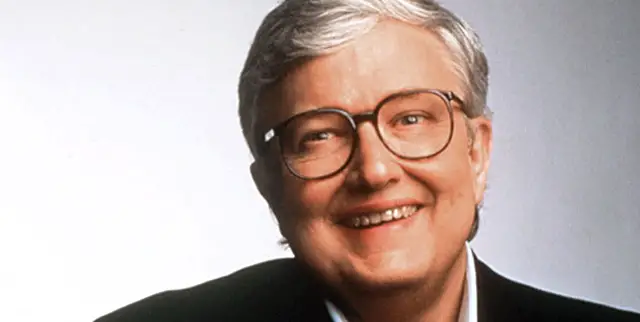
Life Itself is a superlatively crafted documentary that gives a compelling, poignant insight into Roger Ebert, while also delving into the subject of film criticism and its relationships with the film industry. When I want to see a film’s critical reception, I head for Rotten Tomatoes rather than IMDB, because the latter is saturated with fan-boys and uninformed opinion. Rotten Tomatoes introduced me to many different critics who wrote for reputable sources such as The Guardian, The New York Times and The Telegraph, but time and again I was drawn to the small thumbnail image of a white haired, bespectacled man who wrote for the Chicago Sun-Times.
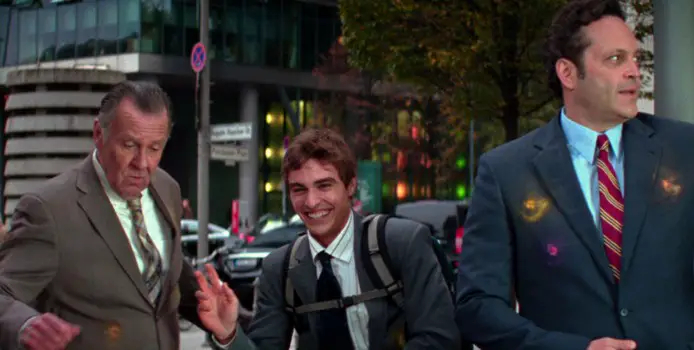
Unfinished Business was something of a surprise to hear about, but the combination of Vince Vaughn, Tom Wilkinson and Dave Franco was enough to convince me that it might be worth a shot. Coming across as a clichéd but entertaining story of down on their luck business men on a European jaunt, I expected some impressive improvisational comedy from Vaughn, some gravitas from Wilkinson, and maybe something worthy of note from Dave Franco (who was great in Now You See Me). But, as we all know, expectations are a dangerous thing.

Film Noir is not an easy genre to tackle nowadays, simply because trends in culture have changed. The hard-boiled detective of the black and white screen, the one with the alienated, tough exterior and a penchant for femme fatales – think Dana Andrews in Laura or Bogie in The Big Sleep – would cause no more than a snicker, so removed are they from the world we witness every passing day. Our post-modernist mindset asks for the type of heroes we find authentic, those we can relate to, this is why the grand days of Film Noir have passed – which is not to say some of its elements cannot be used for fine, fine cinema.
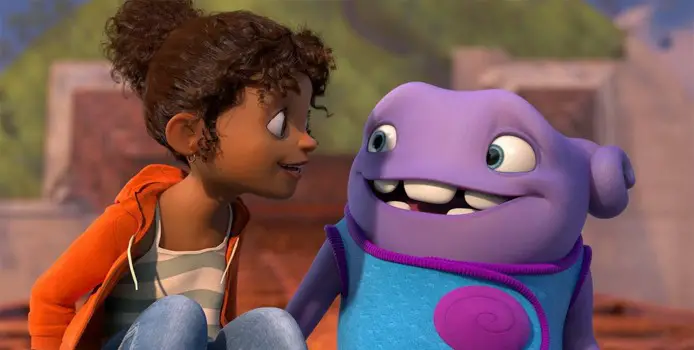
An animated film that is targeted towards young children should be colorful, with lots of movement and hopefully an outlandish character or two. Most importantly, though, it must have heart. It should tackle themes that are important to kids, and provide lessons that they can take away from the cinema and begin to apply to real life, not just in the way that they behave but also in the way that they understand the world around them.
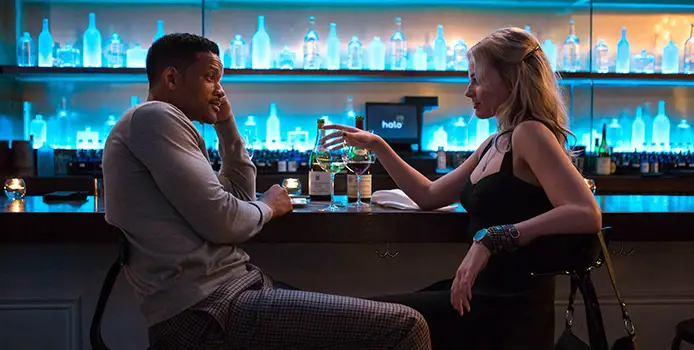
One of the worst clichés that appears in an alarmingly large number of movies is the “two kinds of people in this world” speech. In Focus, Will Smith’s suave con artist Nicky Spurgeon tells his protégé/part-time lover Jess Barrett (Margot Robbie) his version of the done-to-death cliché: there are two types of people, hammers and nails.
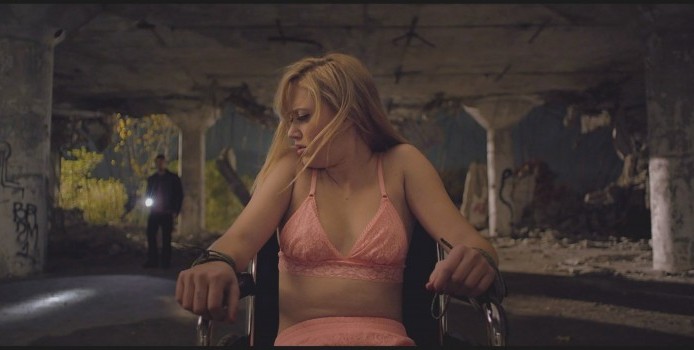
With the blockbuster success of Fifty Shades of Grey in cinemas worldwide, many pundits are claiming that this marks a new era for “sex positive” movies – and much more importantly, the basic idea of a woman being as sexually open as her male counterparts not being a source of cinematic shame, but one of pride. It has only been two decades since what I dub the “unofficial Michael Douglas misogyny trilogy” of Fatal Attraction, Basic Instinct and Disclosure hit cinemas, films that (like Fifty Shades) were successful due to their frankness of sexuality. Yet those movies were inherently misogynist in suggesting that women were mentally unstable, or just plain evil for daring to be as open about their sexuality as men.


